INDIVIDUAL AND COUPLES COUNSELING IN TEXAS
I am a clinical psychologist based in Austin, Texas, who specializes in helping individuals and couples heal from childhood trauma, love addiction, sex addiction, and a variety of other issues. I have been trained in many different treatment modalities, including cognitive behavioral therapy (CBT), eye movement desensitization and reprocessing therapy (EMDR), and more. As a trauma-informed therapist, my approach to recovery involves identifying the root cause of destructive behaviors, and finding effective paths to addressing them.
My treatment approach is never one-size fits all, but highly personalized and multifaceted, often involving a combination of individual counseling, couples counseling (should the client be in a relationship), and EMDR. I offer my services both in-person at my clinical practice in Austin, and online. My video-based telehealth services are available to anyone in Texas, including individuals living in Houston, Dallas, Fort Worth, San Antonio, or virtually anywhere else in the Lone Star State. On this page, I discuss my specialities and what clients can expect when they choose me as their psychotherapist. I look forward to helping you on your journey towards healing!
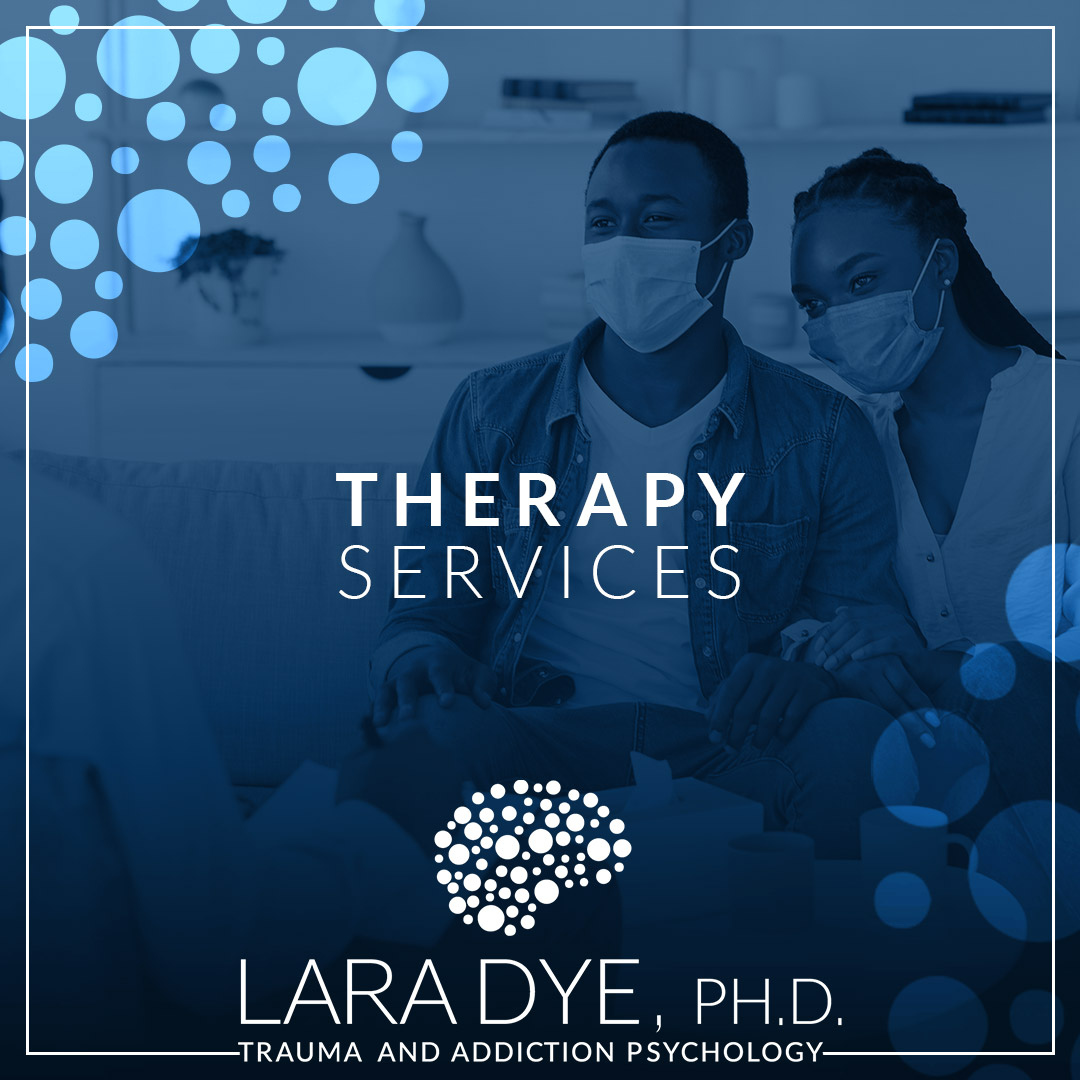
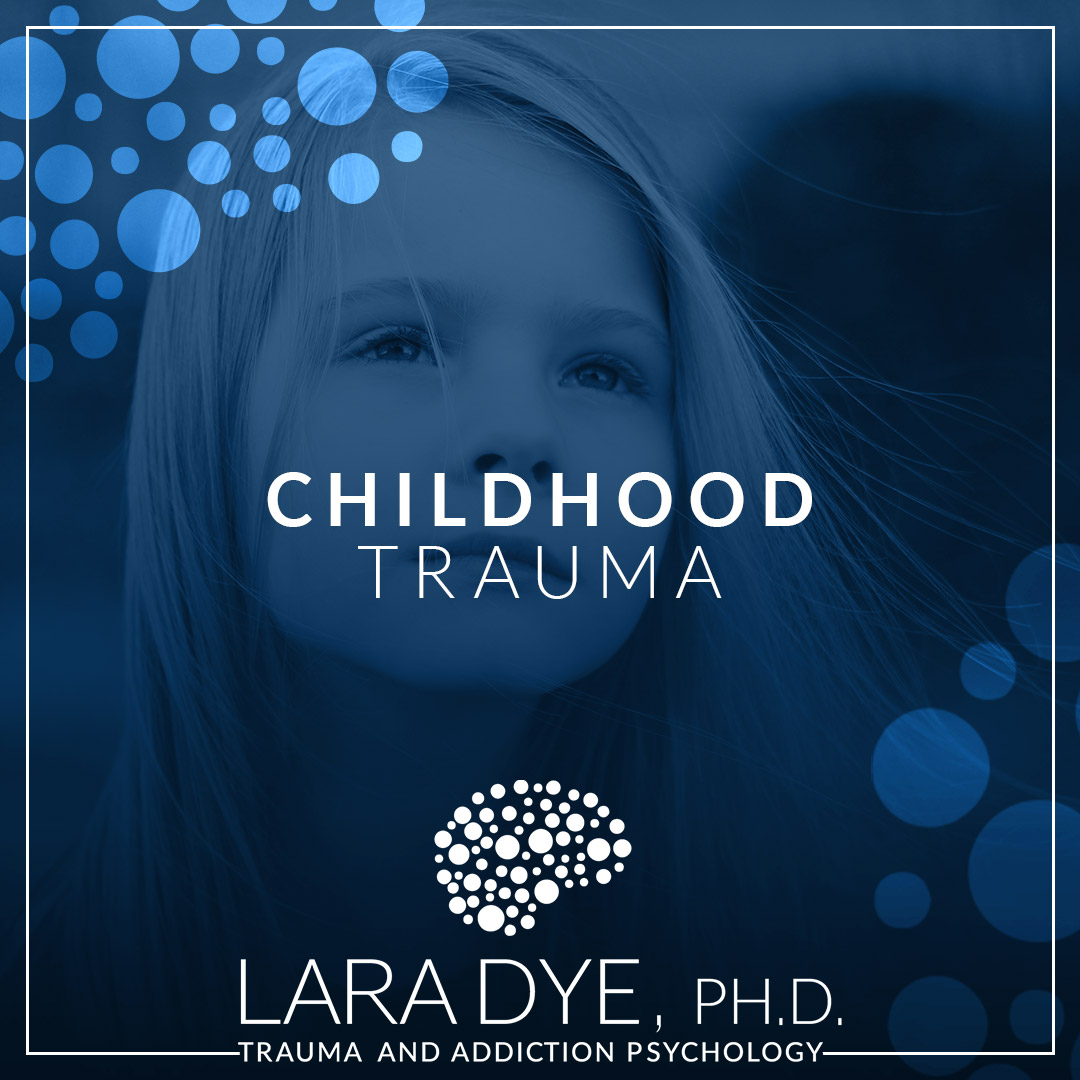

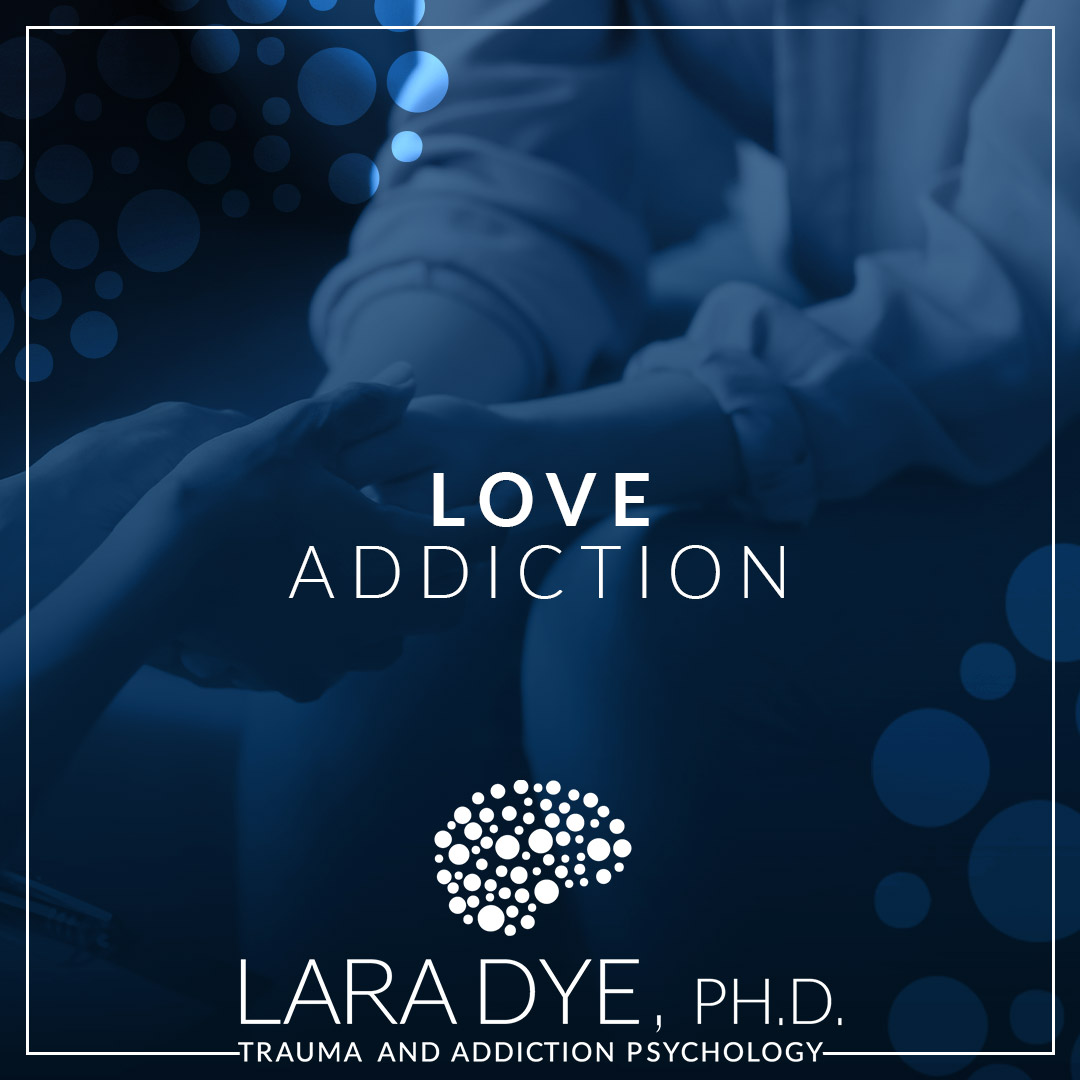
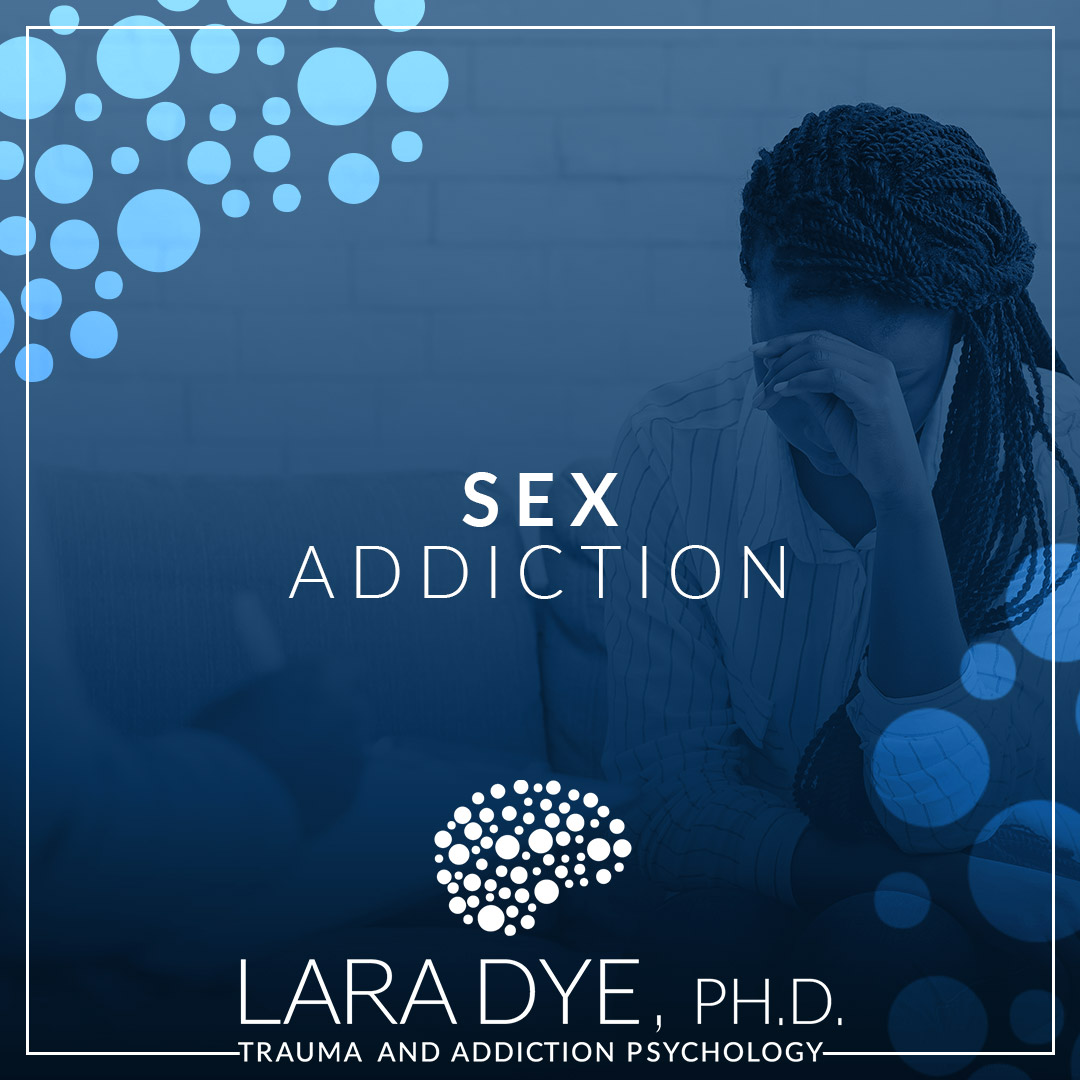
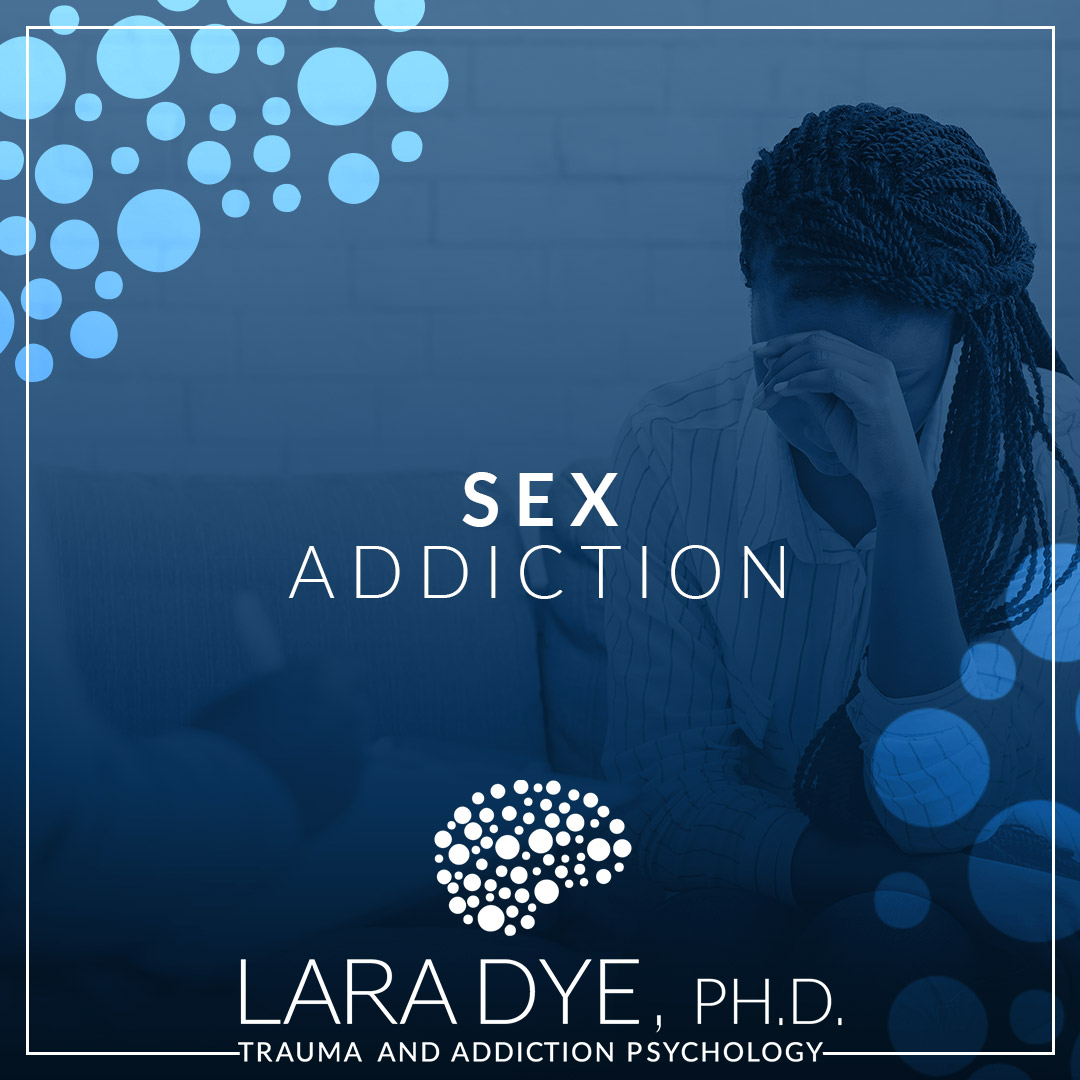
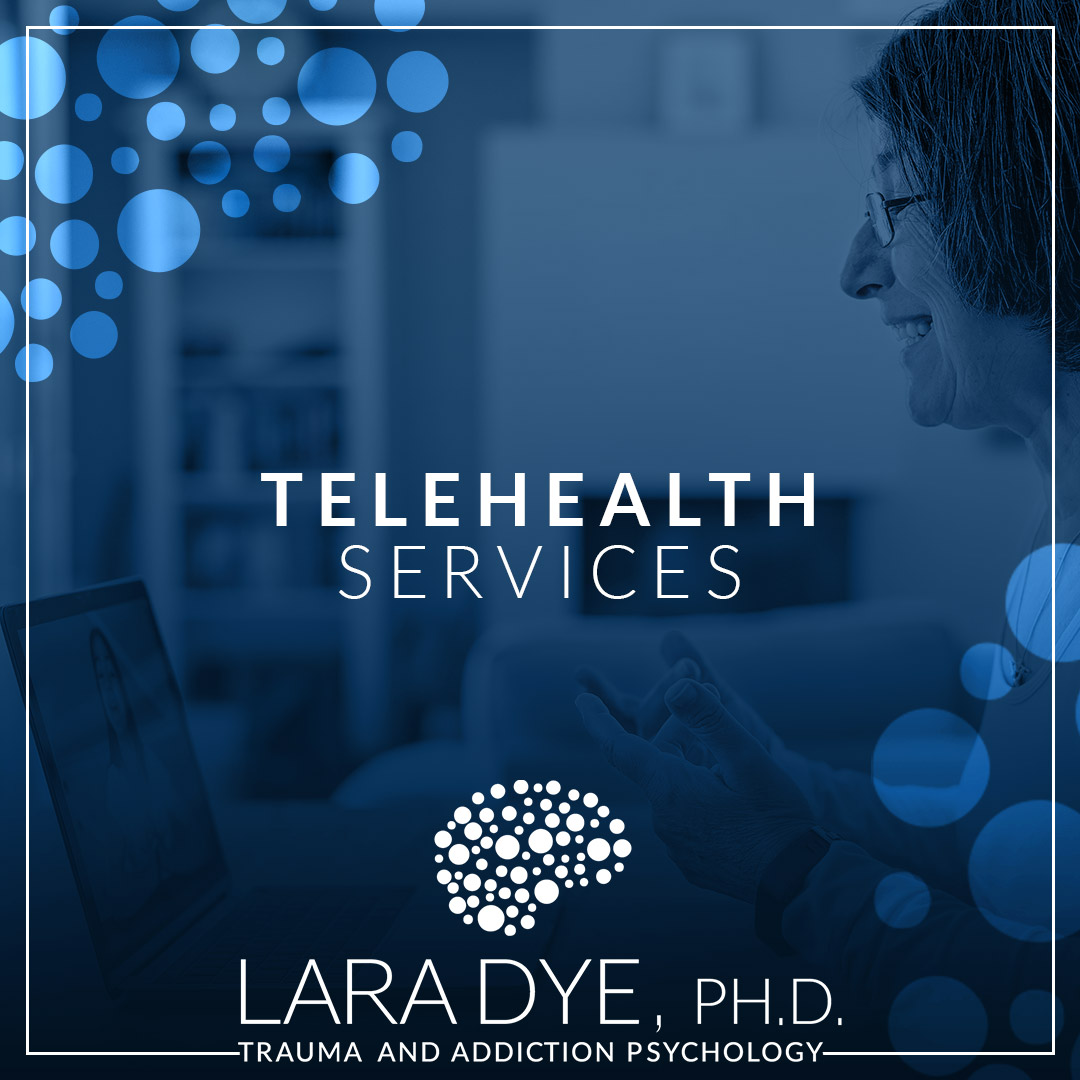
CHILDHOOD TRAUMA
As a trauma and PTSD specialist, one of my focuses is helping individuals heal from emotional wounds sustained during childhood. Trauma, and particularly childhood trauma, can come in many forms, including physical trauma, sexual trauma, emotional trauma, or neglect. It can be either chronic, in the form of repeated childhood abuse, or acute, such as in the case of a single sexual assault. Trauma affects each individual differently; even if you consider something that happened to you as a child to be a minor incident, it can still have serious adverse effects long into adulthood.
Some of the most common effects of childhood trauma are depression, anxiety, anger and aggression, difficulty trusting others, feelings of isolation, poor self-esteem, addiction, and medical issues. No matter how long ago you experienced your childhood trauma, it can still feel as if it just happened. Many of the patients I work with suffer from post-traumatic stress disorder (PTSD), or complex-post traumatic stress disorder (C-PTSD), a relatively new diagnosis that arises from repeated experiences of childhood abuse or neglect.
Childhood trauma is an alarmingly common occurrence in the United States, with some public health officials even considering it an epidemic. In fact, nearly 60% of adults report having experienced at least one adverse childhood event (ACE), and 25% report having experienced three or more. An ACE is a public health term for a potentially traumatic experience that occurs during childhood, including, but not limited to, poverty, divorce, mental illness, addiction, abuse, parental incarceration, and neighborhood crime.
Sufferers of PTSD and C-PTSD both experience intense feelings of terror and helplessness, as well as frequent flashbacks and nightmares pertaining to the traumatic event(s). Often, those living with these diagnoses will avoid situations that remind them of the trauma, leading them into severe social isolation and difficulty forming lasting relationships. They also may have trouble sustaining a job or attending to their self-care.
Fortunately, help is available. At my psychotherapy practice in Austin, I offer comprehensive treatment for individuals dealing with the ramifications of childhood trauma. My treatment modalities include individual and group therapy, either in-person or remote, and eye movement desensitization and reprocessing (EMDR).
EMDR is an exciting new form of treatment that was specifically designed to alleviate symptoms associated with traumatic memories. It involves focusing on external stimuli, such as a laterally-moving light, while revisiting emotionally disturbing memories in a therapeutic environment. By diverting the client’s attention, they are able to revisit memories that would normally elicit too strong of a psychological and/or physical response for them to be able to process. This allows for the creation of new associations with these memories, helping them to heal. EMDR therapy has shown that, just as the body can recover from physical trauma, so too can the mind heal from psychological trauma.
COUPLES COUNSELING
Whether you’ve been married to your partner for decades or are in the midst of a relatively new romantic relationship, couples counseling can help the two of you grow stronger both as individuals and a pair. Couples counseling is a unique form of psychotherapy that focuses specifically on interpersonal relationships and attachment styles that you may have developed during childhood. It allows you to gain an outsider’s perspective on your relationship and conclude what the best steps are for you both moving forward.
Couples and marriage counseling is beneficial for couples dealing with a variety of different issues, from basic communication to chronic infidelity, and everything in-between. At my Austin psychotherapy practice, some of the most common issues that I see couples pursue counseling for are sexual problems, substance abuse, chronic mental or physical illness, child-rearing conflicts, financial conflicts, anger, and other long-standing or acute issues.
Couples therapy has been clinically proven to help couples in a variety of different areas, including improved communication, more physical and/or emotional intimacy, better conflict resolution, a renewed sense of reconnection, personal growth, and many more. While couples counseling can be especially beneficial for couples struggling with the decision of whether to stay together or separate/divorce, it isn’t just for those facing crisis situations. Anyone who wants to strengthen their relationship skills while growing as an individual in the process can benefit from this unique therapeutic modality.
In addition to couples and marriage counseling, I also offer premarital counseling services for engaged couples to work through communication issues and other roadblocks before the big day. While we all hope that our marriages will work out, the unfortunate truth is that most marriages end in divorce. Premarital counseling can help you overcome the odds by helping you establish effective communication skills and identify potential problems before they become an issue.
Perhaps your partner is adamant about wanting children, but you’re not so sure. Or maybe your fiance expects you to put your career on hiatus and take care of the kids while they continue to work, but you’re not so thrilled about the arrangement. In premarital counseling, you can both voice your desires and frustrations, and come to a solution that will work for you both. You’ll figure out how you can still be your own person, even within a marriage, and effectively advocate for yourself when times get tough.
Whatever your circumstances are for pursuing couples, marriage, or premarital counseling, I’m confident that you will enjoy the valuable new insights and creative solutions that an outsider’s perspective can bring to your relationship.
LOVE ADDICTION
Sometimes referred to as “pathological love,” love addiction is a type of addiction characterized by maladaptive and excessive (some might even say “obsessive”) interest towards one or more romantic partners, negatively affecting your quality of life. Often, those suffering from love addiction will frequently bounce from one relationship to the next.
Some people consider love addiction to be an impulse-control disorder, while others believe it is a mood disorder, and still others feel that it belongs on the obsessive-compulsive spectrum. Regardless of characterization (and, indeed, diagnoses only get us so far), love addiction is a serious illness that can have grave consequences on those living with it, as well as those closest to them.
Common signs of love addiction include an insatiable need for romantic relationships, jumping from relationship to relationship once the novelty has worn off, pursuing relationships out of a feeling of desperation or low self-worth, prioritizing your relationship above all other interests and hobbies, and using romantic fantasies to fill your loneliness. Most love addicts do not recognize that they have a problem and from the outside can be difficult to diagnose. Relationships involving love addiction, however, are detrimental to all of those involved.
Fortunately, you can recover from love addiction, and at my Austin practice, treating love addiction is one of my specialties.
My treatment approach to love addiction is multifaceted, often involving one-on-one counseling, couples counseling, and eye movement desensitization and reprocessing (EMDR) therapy — a relatively recent treatment modality that has proven extremely effective in cases of addiction where trauma is involved (as it often is).
I can also help those in recovery from sex addiction find effective strategies for avoiding relapse, including treating co-curring disorders, such as PTSD, which may be preventing them from healing. Addiction treatment is never one-size-fits-all, and over the course of our time together, I will work diligently to find the most effective approach for your or your loved one.
SEX ADDICTION
Like love addiction, sex addiction is what many psychologists call a “process addiction,”
meaning that it involves addiction to a certain behavior, rather than a substance. Process addictions tend to be much less understood in the therapeutic community than substance-related addictions, but, fortunately, sex addiction is one of my specialties at my Austin practice. In fact, I am one of the only Certified Sex Addiction Therapists (CSAT) in the Austin area.
Outward symptoms of sex addiction vary, but often include compulsive behaviors related to pornography, masturbation, phone or computer sex services, voyeurism, or even, in the most severe cases, sexual assault or rape. No matter how you or your loved one’s sex addiction manifests, I’m here to help you get on the path towards healing.
Because so much stigma is attached to sex addiction, it can be difficult for many people to seek help. Our society often condemns open discussions of sex, even though such discussions are necessary in order for individuals to disintguish between healthy sex and unhealthy sex. My treatment approach for sex addiction is multifaceted, involving a combination of individual counseling, couples counseling (should the client be in a relationship), and eye movement desensitization and reprocessing (EMDR) therapy if trauma is involved (as it often is).
The first step in any addiction treatment program is admitting you have a problem. I can help you differentiate excessive and unhealthy activities — such as watching pornography at work, paying for sex, or cheating on your partner — from healthy, everyday sexuality. Once the two of us have determined that you do, indeed, have a sex additction, we can move on to discovering the root cause of the problem. Often, the catalyst for an individual’s addiction has nothing to do with sex itself. For instance, many sex addicts come from dysfunctional families, and may have suffered prolonged childhood neglect or emotional abuse. If we determine that childhood trauma is at the root of your addiction, we can use trauma-focused therapies, such as EMDR, to help you heal.
As a CSAT, I have been trained not only in EMDR, but also cognitive behavioral therapy (CBT) and many other treatment modalities, which can not only help you heal from your addiction, but also prevent relapses throughout the course of your recovery. Because many addicts suffer from co-occurring disorders — such as PTSD, OCD, or ADHD — I can also help you receive the treatment you need to heal from mitigating conditions, whether through additional counseling or psychiatric medication, should that be necessary.
Without help, sex addiction can lead to the loss of personal relationships, financial instability, sexual dysfunction, depression, and other debilitating consequences. With a multimodal approach to healing, recovery is possible. I will help you not only overcome your symptoms and discover the root cause of your addiction, but help you find your life’s purpose once the weight of sex addiction has been lifted.
PORN ADDICTION
Porn addiction is often considered a subset of sex addiction, but the reality is more complicated. Individuals with an addiction to pornography do not engage in problematic behavior with real people, and often, in fact, prefer viewing pornography to having sex with actual partners. If you’re suffering from a porn addiction, know that you’re not alone — an estimated 21 million Americans struggle with this condition.
Just because you watch porn does not mean that you are a porn addict. The difference between healthy porn consumption and addiction is that a porn addict can not control their impulse to view porn, to the extent that it negatively impacts them in other areas of their life, such as their relationships or job. They may also start engaging in other compulsive behaviors, like substance abuse, in addition to turning to increasingly hardcore or even illegal pornography to satisfy their need for gratification.
Sign of porn addiction include increased porn use (despite trying to stop), increased feelings of shame, the desire to watch increasingly hardcore porn, going to extreme lengths to hide porn consumption, spending more and more time alone (to the detriment of social relationships), loss of productivity, and loss of desire in actual sex. Many people addicted to porn also suffer from sexual dysfunction, such as the loss of ability to hold an erection or have an orgasm.
As one of the only Certified Sex Addiction Therapists (CSAT) in the Austin area, I specialize in helping individuals recover from porn addiction. If you suspect that you or a loved one is suffering from a porn addiction, know that I can help. My approach to recovery is never one-size-fits all, but crafted to fit each client’s individual needs.
I often use a combination of individual counseling, couples counseling, and EMDR (in cases where trauma is involved) in order to help individuals heal. Once you’re on the path to recovery, I can also give you effective strategies to avoid relapse and to heal your relationships.
EYE MOVEMENT DESENSITIZATION AND REPROCESSING (EMDR)
Eye movement desensitization and reprocessing (EMDR) is a non-invasive, evidence-based therapeutic treatment. Since its inception in the 1990s, EMDR has helped millions of people worldwide heal from the symptoms and emotional distress that are the result of disturbing life experiences. Repeated studies have shown that, through EMDR, people can experience the benefits of psychotherapy in just a few sessions, rather than years. I am excited to now offer private EMDR sessions to clients at my Austin psychotherapy practice.
During an EMDR session, an individual will revisit an emotionally disturbing memory in brief sequential doses while focusing on external stimuli — either a moving point of light (direct lateral eye movements), hand-tapping, or audio stimulation. The external stimuli helps to attenuate any overwhelming psychological and physiological effects that would normally prevent the person from revisiting the memory.
The theory behind why this works is that recalling traumatic events is often less upsetting when one’s attention is partially diverted. In turn, the individual will be able to create new associations with their traumatic memories, thereby eliminating emotional distress, and leading to new insights regarding both the previously disturbing event and any associated negative thoughts about the self. For example, an assault victim may come to realize that he was not to blame for what happened, that the event is really over, and that he can once again feel safe in the world. EMDR therapy has shown that, just as the body can heal from physical trauma, so, too, can the mind heal from psychological trauma.
The amount of time that treatment with EMDR takes depends on several factors, including the history of the client, with the goal being to completely process the experiences that are causing the symptoms, and to replace them with positive associations that are needed for full recovery. Typically, I break down EMDR therapy into eight distinctive phases (see chart for more information).
Many independent and controlled studies have shown that EMDR is an effective treatment for post-traumatic stress disorder (PTSD). There is also promising new evidence that EMDR can help treat other mental health issues as well. In my years as an EMDR practitioner, I have seen it help individuals recover from a variety of different conditions and symptoms, including depression, anxiety, addiction, attention-deficit/hyperactivity disorder (ADHD), and much more. EMDR has also been shown to be effective for loved ones of those struggling with mental health conditions as well, by healing negative self-beliefs and strengthening relationships.
In fact, a variety of highly esteemed domestic and international mental health organizations have officially recommended EMDR therapy as an effective mental health treatment, including the American Psychiatric Association (APA), the United State Department of Veteran Affairs (VA), the World Health Organization (WH)), and the Substance Abuse and Mental Health Services Administration (SAMHSA).
Freedom from overwhelming emotions is possible, with the help of eye movement desensitization and reprocessing therapy. I look forward to helping you heal in my Austin practice.
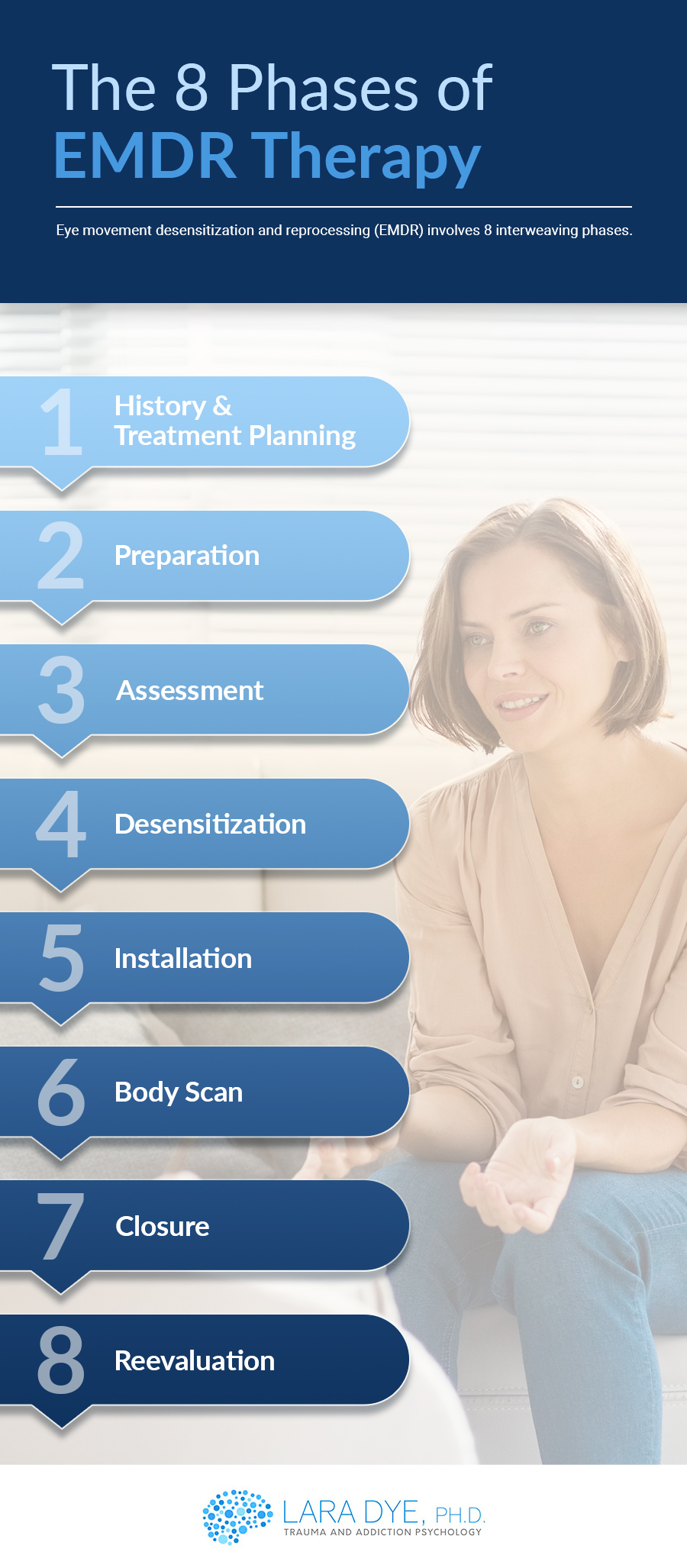
TELEHEALTH SERVICES
I am excited to now offer my psychotherapy to clients beyond the Austin area, thanks to telehealth services. Telehealth therapy involves connecting with clients remotely, via a confidential online video-based platform. My telehealth services allow me to work with anyone in Texas, including individuals in Houston, Dallas, Fort Worth, San Antonio, and virtually anywhere else in the Lone Star State.
Telehealth is the perfect solution for individuals who live in rural areas and may otherwise not have access to psychotherapy services. It is also ideal for those with medical issues that prevent them from travelling, or for individuals who are caring for a child or loved one and are unable to get away. As one of the only Certified Sex Addiction Therapists (CSAT) in Texas, I also regularly work with individuals who do not have access to the specialist services that they need in their area.
My telehealth services are always confidential, convenient, and safe. As a result of the COVID-19 pandemic, my telehealth clients have increased exponentially, and nearly all of them remark that our online meetings are just as engaging and satisfying as in-person therapy. In fact, the American Psychological Association (APA) notes that telehealth therapy is often just as effective as traditional in-person psychotherapy.
Online video-based therapy is not only convenient, but it can also lower the overall price of care, by eliminating travel costs, as well as the cost of taking time off of work. If you’re worried about the privacy aspect of telehealth, rest assured that I am exceedingly careful when it comes to confidentiality and patient privacy. I take the telehealth compliance policies set forth by HIPPA (the Health Insurance Portability and Accountability Act) very seriously.
In order to have telehealth therapy with me, all you need is a secure Internet connection with enough bandwidth to support a video conference call, a computer, tablet, or smartphone, and a quiet, private room.
I believe that all people should have access to high-quality mental healthcare, regardless of where they live. This is particularly true for those in need of specialist services, such as individuals or their loved ones suffering with process addictions like love addiction, sex addiction, or porn addiction. Finding help for these issues can prove exceedingly hard, even in a state as big as Texas. Thanks to telehealth, I am now able to offer my specialist services to anyone in the Lone Star State.
If you live anywhere in Texas and are interested in individual or couples counseling, reach out to my office today. I look forward to helping you on your journey.







